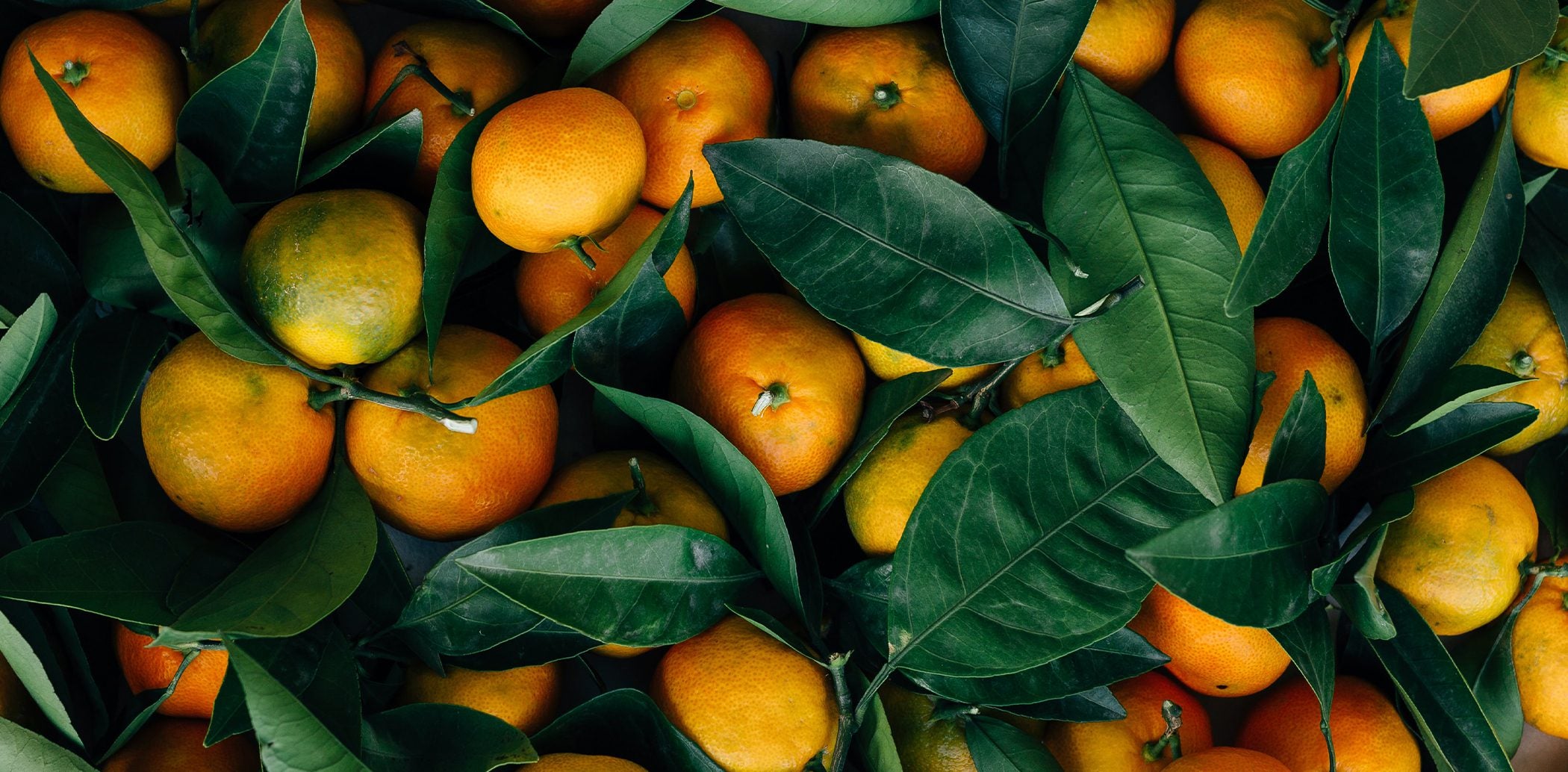5 Advantages of Eating Organic Food
Organic food can be more expensive than non-organic, but is it better for you or the planet? In this article, we look at the advantages of eating organic – so read on to discover five good reasons to choose organic food, all backed by facts.

Organic Farming Produces More Nutritious Food.
Perhaps not surprisingly, organic farming produces nutritious food. According to a study in the British Journal of Nutrition – organic foods have higher concentrations of antioxidants than conventionally grown foods. Antioxidants have previously been linked to a reduced risk of chronic diseases, including neurodegenerative diseases and certain cancers. The study suggests the level would be equivalent to eating 1-2 extra portions for fruit and veg per day. Bonus! However, no long-term studies showing health benefits from a broad organic diet have yet been conducted.
Organic Foods Contains Lower Levels of Chemicals
It’s well-known that it’s recommended to eat at least five portions of fruit and vegetables per day. In fact, it’s ideal if you can eat at least ten, but did you know that conventionally farmed produce can contain higher levels of pesticides and metals than organic fruit and vegetables? Organic farming is backed by a rigorous certification process, and crops are heavily restricted from using pesticides. The frequency of occurrence of pesticide residues was found to be four times higher in conventional crops. Levels of the toxic metal cadmium were also 48 percent lower in organic crops than conventional ones, and cadmium has been classed as a probable carcinogen in humans. People with allergies to chemicals may find their symptoms lessen when they eat organic.
No Genetically Modified Ingredients
Organic standards also ban genetically modified ingredients, and the fruit and vegetables grown organically are never washed in chlorine. Whilst GM foods are very limited in the UK; most non-organic livestock is fed with them. Meat, egg and dairy products are therefore widespread and unlabelled in supermarkets. Little is known about the long-term effects of GM foods, and there is some concern about them causing possible allergic reactions and other health issues.
Organic Farming is Better for Nature
Organic farming promotes soil health and therefore reduces soil degradation. It also causes less pollution to rivers and waterways than conventional farming. According to the Soil Association, adopting nature-friendly farming and other key changes to the food system could keep global warming below 2°C. Organic farming usually attracts a greater abundance of wildlife too. Pollination is critical to the existence of most of the crops we eat, yet numbers are declining rapidly. Some researchers believe that switching to sustainable practices could halt the decline as it has a positive effect on biodiversity. Plant, insects and wildlife are up to 50% more abundant on organic farms.
Organic Farming is better for Animal Welfare
The Soil Association standards for organic farmers ensure that animals are given plenty of space, fresh air, access to pasture and kept in conditions that suit their natural behaviour. As a result, farmers avoid giving them hormones and antibiotics. Treating livestock ethically is one of the fundamental principles of organic food production. So supporting organic farming is best if you care about animal welfare.
So overall – eating organic is great for you and the planet because organic farming adheres to strict legal standards that prioritise soil health and animal welfare. All of Plenish’s plant-based milks and cold-pressed juices and shots are made from ingredients and certified organic by the Soil Association